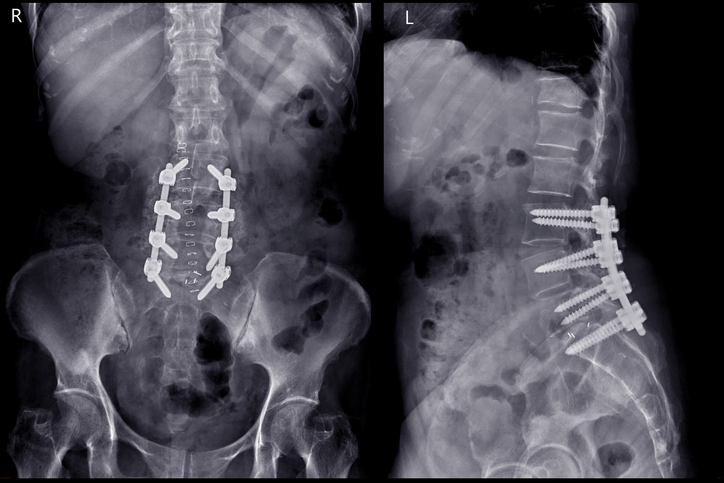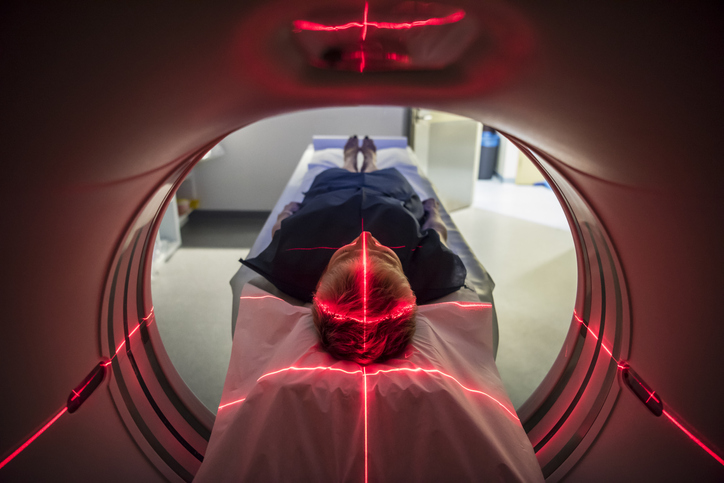Pain
5 Most Frequently Asked Questions About Failed Back Surgery

What is failed back surgery syndrome?
Failed back surgery syndrome (FBSS) occurs when a spine surgery does not relieve the back pain that was present before the surgery. FBSS does not necessarily mean a problem occurred during the surgery; however, it does mean that one of the intended outcomes of the surgery — the reduction or elimination of pain — has failed.
An FBSS diagnosis requires that back pain is linked to spinal surgery. In order to be diagnosed with FBSS, the pain must continue, reoccur, or worsen after the expected healing time has elapsed, however, not after too much time has passed following surgery that it could be caused by another health issue. For example, if an individual undergoes surgery for a herniated disc, then two years later develops back pain because the herniation recurs, they may be diagnosed with FBSS. If someone develops back pain 12 years after back surgery, it is highly unlikely that they will be diagnosed with FBSS. Below are five frequently asked questions about failed back surgery.
How common is failed back surgery syndrome?
The term “failed back surgery” can be confusing, as it does not mean the surgeon or surgery failed. However, it is estimated that between 10 to 40% of those undergoing back surgery experience failed back surgery syndrome. Additionally, this percentage changes depending on the type of back surgery performed.
What causes failed back surgery syndrome?
There are numerous factors that could lead to FBSS and various causes. Some of the most common causes include the following:
- Poor candidate for surgery. The individual or condition may not have been appropriate for surgery, or the underlying condition may have been misdiagnosed.
- Recurrence of previous diagnosis. This does not mean that the surgery was a failure or that the diagnosis was incorrect. It simply means that the condition has returned despite the medical treatment.
- Additional nerve damage or issues. Certain nerves can become damaged during surgery, or new issues can be created during the surgery in different areas of the spine.
- Unnecessary surgery. In this case, the surgery not only fails to treat the underlying condition, but may also cause more damage than was originally present.
What are the symptoms of failed back surgery syndrome?
The most common symptom of FBSS is chronic back or neck pain that develops after the expected surgical pain. Other common symptoms include the following:
- Reduced mobility
- Pain that radiates to other body parts
- Nerve pain
- Development of new pain
- Original symptoms return
Are there certain risk factors that increase the likelihood of failed back surgery syndrome?
Several factors can influence the risk of developing failed back surgery syndrome. They can occur prior to surgery (pre-operative), during surgery (intraoperative), and after surgery (post-operative).
Pre-operative risk factors
- Mental and emotional disorders, such as depression or anxiety
- Obesity
- Tobacco use
- Presence of other chronic pain conditions
- Poor surgical planning
Intraoperative risk factors
- Inadequate decompression
- Excessive decompression
- Performing an incorrect surgery
Post-operative risk factors
- Formation of scar tissue
- Infection
- Nerve irritation
- Lifting or twisting at the waist
- Recurrent disc herniation
- Lack of fusion
Does failed back surgery syndrome require additional surgery?
Conditions, symptoms, and the body's response vary from person to person. However, the chance of a successful spine surgery decreases with each surgery. Therefore, additional surgery is not always the answer to FBSS. Contacting a spine specialist and discussing options is crucial. Non-surgical therapies may be recommended.

















